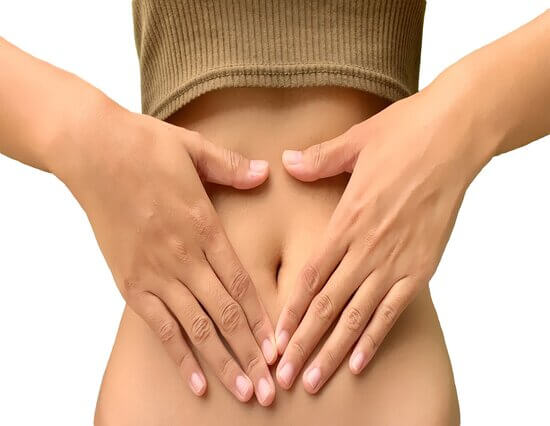

Most people will be familiar with yoghurts, health drinks and supplements that promote gut health. The marketing for these products highlights the benefits of healthy bacteria in the body. Here we talk about probiotics, what they are, whether they are beneficial and how they can help your gut health.
Probiotics live in the gut. They are part of your gut microbiome which can be found in our digestive systems. Your gut microbiome makes sure your food is digested and that all nutrients are adsorbed. Here you’ll find trillions of microbes which as well as managing your digestive health also play a part in taking care of your immune system. That means your gut plays an important role in your general well-being.
As well as using probiotics you can keep your gut healthy by avoiding stress, eating well, and getting enough sleep. You should also eat plenty of dietary fibre. Some high-fibre foods are prebiotics. Foods like onions, leeks, asparagus, apples, and bananas are prebiotics.
It’s also a recommendation that you eat plant-based foods that are high in fibre. Whole grains, nuts, vegetables like carrots and peas, and fruits like oranges and pears will all help to keep your gut in optimum condition.
Live yoghurt encourages good microbes. But highly processed foods like pastry, crisps and sausages might increase the bad bacteria in your gut. Therefore it’s best to avoid them. Fermented foods are also becoming more popular. You’ll see miso, kimchi, and sauerkraut in your supermarket along with fermented drinks like kombucha.
The amount of recommended fibre to consume is 30g a day, but often our less-than-perfect diets mean we only consume around 18g a day, By eating plenty of fibre we will keep our gut healthy which in turn means a lower risk of heart disease, diabetes, stroke, and bowel cancer.
Probiotics rebalance the bacteria in your gut. Some things will disturb that balance. For example, taking antibiotics. Your gut could also be put out of balance by a dose of gastroenteritis or when the gut is affected by inflammatory bowel disease or irritable bowel syndrome.
More research is required before some of the health claims made about probiotics can be approved. But generally, it has been found that certain strains of probiotics such as Lactobacillus rhamnosous provide relief for antibiotic-associated diarrhoea and Bifidobacterium helps relieve constipation. Some probiotics may also help sufferers of IBS, look for Lactobacillus or Bifidobacterium
For example, a study carried out using a live bacteria called Symprove concluded that after 3 months IBS sufferers had a greater reduction in symptoms than those patients taking a placebo. The manufacturers of Alflorex, BioKult Advanced and VSL3 also carried out studies with similar results.
Actimel’s 2022 immunity report, published in 2022 stated that of the people surveyed for the report 31% said that supplements and products like Actimel were important for supporting immunity.
You can buy food products like yoghurts and yoghurt drinks in your local supermarket. Another way to take probiotics is by using supplements in capsule form which we have here at VSM pharmacy. If you’re not sure about the type of supplement you need, let us know and we can advise you. You can buy capsules in bottles of 30, 60 or 120 capsules. There are various types to choose from whether you are wanting to take a supplement during pregnancy, buying them for your children or you want them to help with your immunity or digestive system.

To provide the best experiences, we and our partners use technologies like cookies to store and/or access device information. Consenting to these technologies will allow us and our partners to process personal data such as browsing behavior or unique IDs on this site and show (non-) personalized ads. Not consenting or withdrawing consent, may adversely affect certain features and functions.
Click below to consent to the above or make granular choices. Your choices will be applied to this site only. You can change your settings at any time, including withdrawing your consent, by using the toggles on the Cookie Policy, or by clicking on the manage consent button at the bottom of the screen.